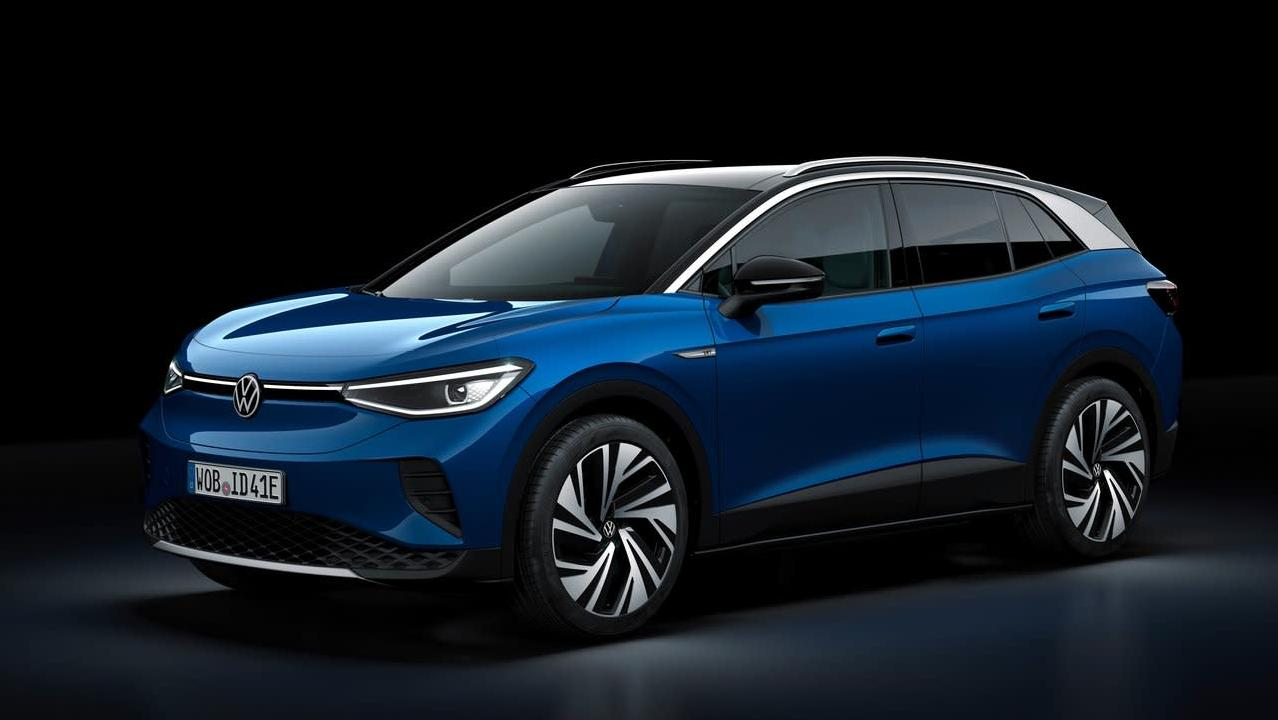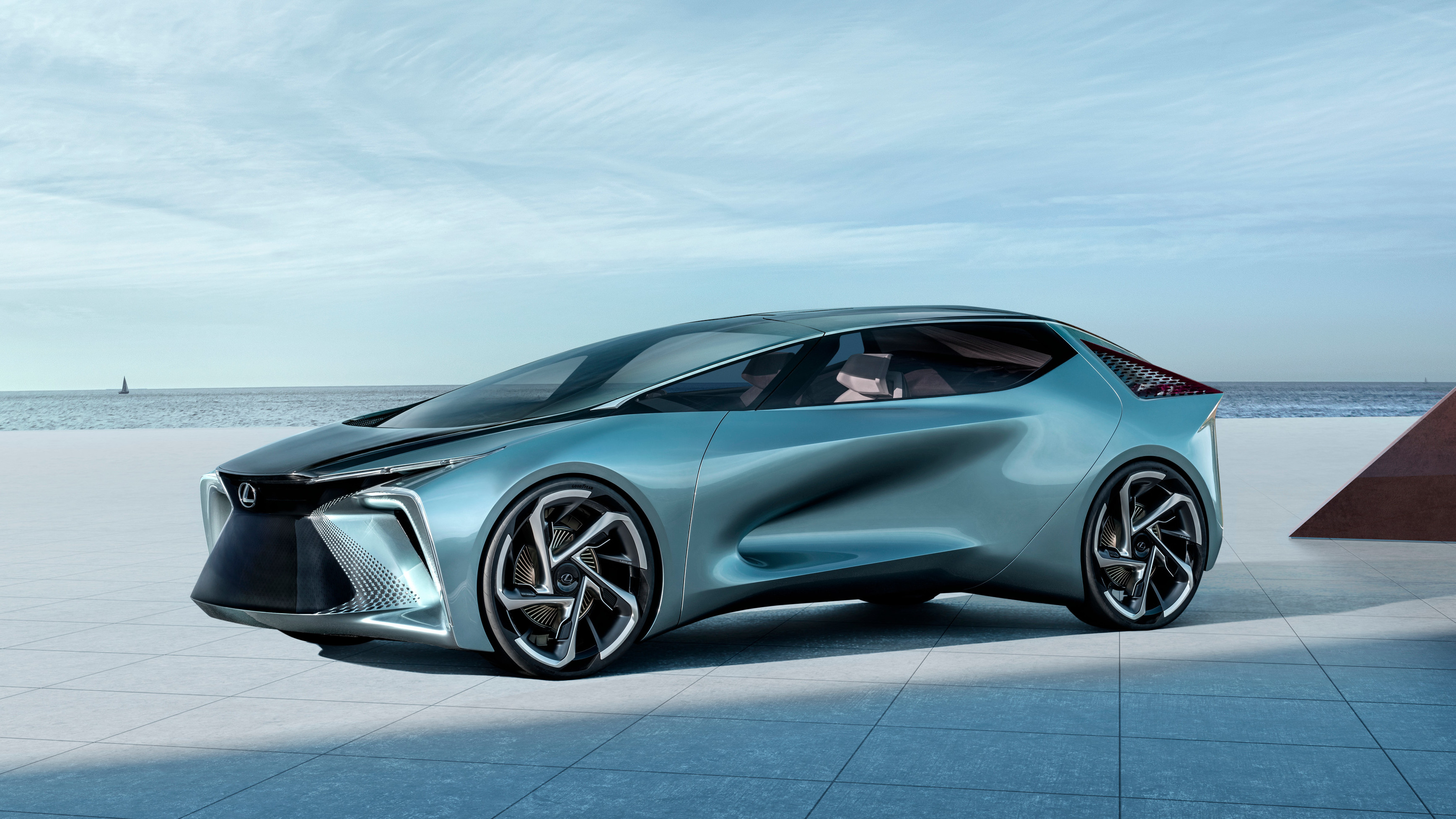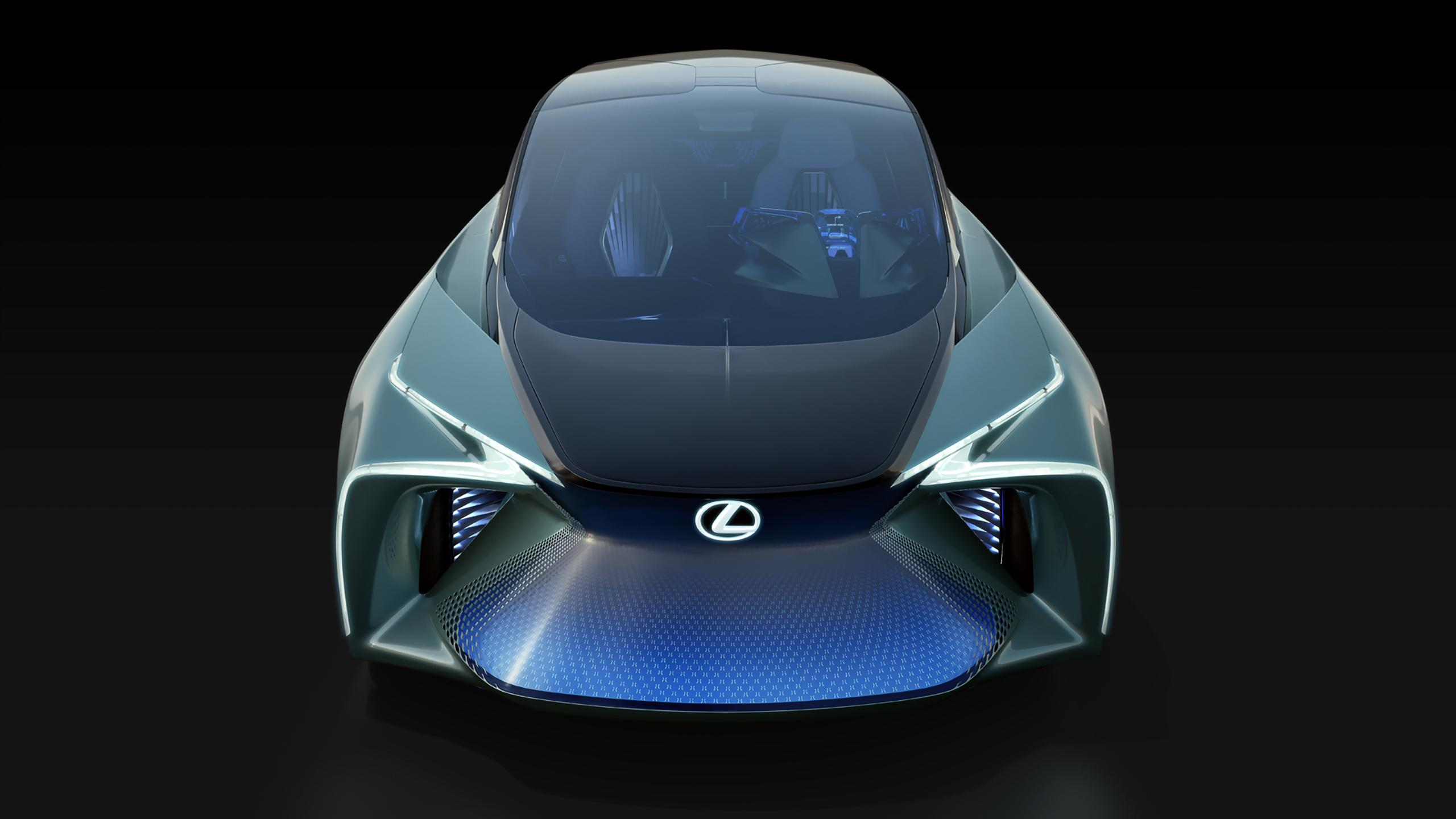Solid State Batteries Could Deliver The EVs We Imagine But Carmakers Ought To Be Realistic
We're going to need an offshoot of Moore's Law that applies to EV batteries soon, because progress is on the verge of rapidly accelerating thanks to solid state batteries.
Given the imminent focus on the new batteries, now is a good time to explain how these differ from their predecessors. Who better to explain than one of the companies at the forefront of developing this new tech, QuantumScape?
As you can see, the difference is in the name! A solid-state battery has a different structure than a lithium-ion battery, doing away with the need for as many layers in the construction. This results in a more compact, lighter battery.

Volkswagen, through its investments in QuantumScape, and Toyota have been proponents of the technology for a few years now, and development of the new tech is hitting strides. The batteries will not be used in current production EVs such as those based on Volkswagen's MEB platform, but Toyota is teasing the new tech in proposed models like the Lexus LF-30.

In a recent report, Road Show provides a good overview of what this new battery can do for future EVs. Among the benefits:
Greater energy density. This could mean an EV with two or more times the current range, or possibly an EV with the same range but with a much smaller, lighter and less expensive battery that charges faster.
Faster charging. Estimates of an 80 percent charge in 15 minutes get bandied about a lot with solid state, performance that would be on par or a bit faster than today's best li-ion applications.
Longer life. Solid-state tech is a key part of GM's plan to produce a million-mile life battery, changing the equation of EV affordability and reducing concerns about mountains of toxic batteries that need recycling after 100,000 to 150,000 miles.
Thermal stability. Solid-state designs promise less likelihood of thermal runaway, which can cause a fire. Li-ion batteries have developed a nasty reputation for this.
All of this sounds great, but there is the concern that these advances in battery tech will cancel out. Let me explain: As battery technology improves and brings better range, faster recharge times and greater energy density, carmakers could get greedy.
We know the higher energy density offers the potential to reduce the size — crucially, the weight — of the batteries required to deliver the range customers want. Lower mass is great for cars all around, and it's exactly what we want for future EVs, but what if carmakers instead stick to the current standard for battery pack weight and opt for greater and greater range rather than weight reduction?
I don't want more range! I want a smaller, lighter, more efficient EV. Or at least some compromise. Carmakers will have the chance to design better, more efficient EVs but I hope this does not create an arms race similar to the cylinder wars. There has to be a happy medium for EVs and solid-state batteries could get us there.
